Artists Who Don’t Deserve To Be In The Rock And Roll Hall Of Fame
It’s not unusual to look at the historical inductees into the Rock and Roll Hall of Fame and notice some pretty glaring omissions. Considering how much they meant and how much they contributed to the art form, it’s downright bizarre that Iron Maiden, Alice In Chains, and Tommy James & The Shondells weren’t inducted, for instance.
However, the infamous snubs become all the more galling when it becomes clear who was inducted instead. Although music and art are subjective, that doesn’t make these selections any less controversial to the wider music-listening public.
The Dave Clark Five
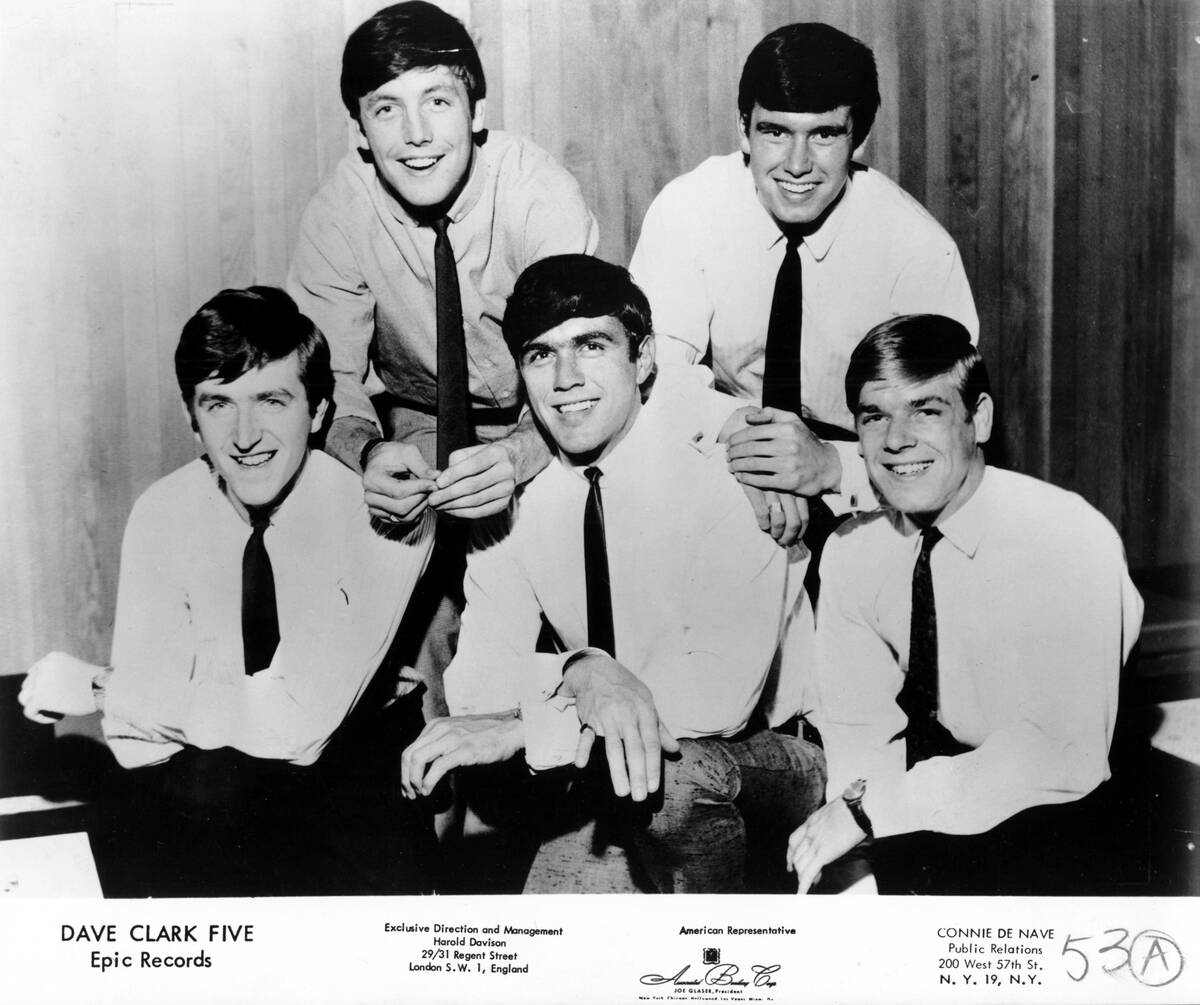
Although it’s hard not to feel bad for The Dave Clark Five for being so close to The Beatles’ success when the British Invasion was first kicking into gear, it’s also pretty hard to argue that they made anywhere near as much of an impact as other groups in that scene like The Rolling Stones, The Kinks, The Animals, The Who, or their biggest rivals.
That’s also true of famously snubbed acts from the same decade, like the aforementioned Tommy James & The Shondells or Blood, Sweat, and Tears (though founding member Al Kooper has been inducted on his own). It’s hard not to compare The Dave Clark Five’s induction to when the Oscars give a veteran performer an Academy Award for emotional reasons.
Dolly Parton

When people suggest that an artist doesn’t belong in the Rock and Roll Hall of Fame, that’s not always a reflection of their talent. Indeed, Dolly Parton is a legendary artist who comes by that accolade honestly, not only setting major landmarks for women in country music but also penning some of the genre’s most beloved songs.
As such, Parton was overdue for induction when she entered the annals of the Country Music Hall of Fame in 1999. However, when Parton was nominated for the Rock and Roll Hall of Fame in 2022, even she was confused enough to decline, saying that she felt she hadn’t earned that particular honor. She acquiesced once the committee insisted, but it was still hard not to agree with her.
Chicago

If someone were to time travel from 1973, they’d justifiably be aghast at the idea that the technical, high-flying rock stylings of Chicago didn’t warrant inclusion in the Rock and Roll Hall of Fame. The problem, however, is the fact that the band continued with and without lead singer Peter Cetera for decades after this point.
Unfortunately, the years in which they crafted their biggest hits were also the ones that saw them at their most creatively bland and mercenary. While one could make a similar argument for Heart, the fact is that Heart is far better remembered for the classic work they did in the ’70s than the sell-out fare of the ’80s. In Chicago’s case, however, discovering their earliest records means being surprised at how well one of the blandest bands on the radio started out.
Madonna

Although Madonna was certainly a megastar who has enjoyed a long career that saw her set as many trends as she followed, she’s not exactly a name that comes to mind when people say “rock and roll.” Although she inhabited a similar space to Prince, his blend of genres was far more nebulous and he was an absolute beast on the guitar, so his inclusion makes far more sense.
Madonna may have done some genre-hopping herself, but she straddled pop and electronica rather than anything that butted up against roots music or rock and roll. Even she did learn to play the guitar in the early 2000s, it wasn’t to rock. Even Dolly Parton did eventually make a rock album, but Madonna’s inclusion seems more based on popularity than anything.
Ringo Starr

It’s worth noting that this specifically refers to his induction as a solo artist in 2015. It may be popular to underrate Ringo Starr as a Beatle but many drummers will attest that he was very skilled with his instrument and well-deserves his first induction with the rest of the band.
Yet while he may have been very successful as a solo artist, it’s a stretch to put his career in this respect on anywhere near the same footing as John Lennon’s, Paul McCartney’s, or George Harrison. Indeed, it’s also hard to ignore the fact that his best albums had all three of those people and other artists like Eric Clapton working behind the scenes to make up for Starr’s shortcomings as a songwriter.
Eminem

At this point, it’s tantamount to fighting city hall to say that hip-hop acts don’t belong in the Rock and Roll Hall of Fame. Whether it makes sense to include them or not, it’s been happening for years. That said, it’s not like it never makes sense to do so. Old school rap groups like Run-D.M.C. and the Beastie Boys emphatically deserve their inductions, as they had their feet just as firmly in rock as they did in rap.
Indeed, Run-D.M.C.’s landmark collaboration with Aerosmith and Public Enemy’s harder-edged one with the metal band Anthrax blended the two genres in a pioneering way that fully supports all of their inductions. Yet, while he may have sampled a lot of rock bands in his time, Eminem is firmly and exclusively a rapper. Again, it makes sense to put him in the Hip-Hop Hall of Fame (which does exist) but not necessarily this one.
Bon Jovi
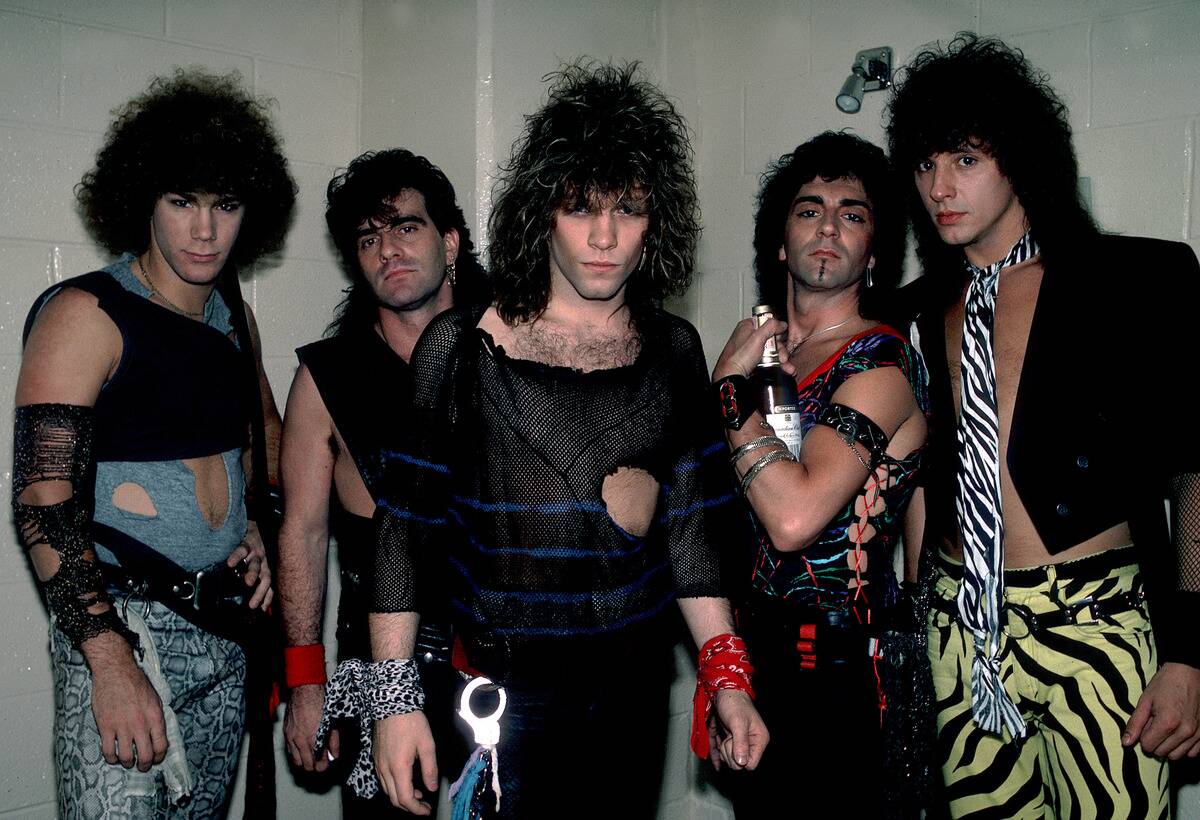
When an artist makes it into the Rock and Roll Hall of Fame, it’s typically because they did something to either change the scene or to bring a presence to it that stood out from the scene at the time. Indeed, while it arguably doesn’t make sense to include non-rock acts in the Hall of Fame, it can certainly be said that Madonna, Dolly Parton, and Eminem had unique impacts on their respective genres.
However, it’s a lot harder to point to much that Bon Jovi did that other glammed-up rock bands during the ’80s weren’t already doing. That’s not to say that the band shouldn’t have gained the fanbase they did or hung around for as long as they have, as it wouldn’t really be fair to call them a bad band by any means. Still, they’ve managed to beat acts who innovated far more than they have into the Hall of Fame.
Journey
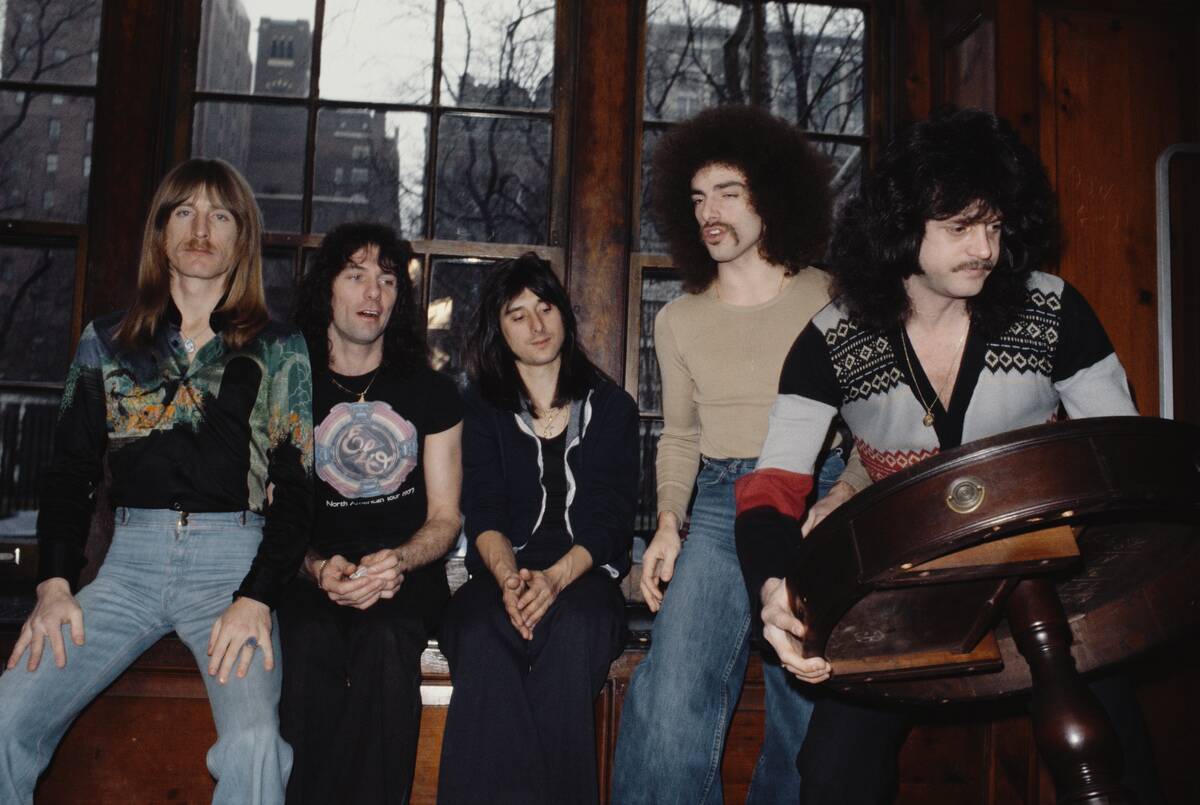
In a similar vein to Styx, Journey has always been a very polarizing band. Although it wouldn’t be fair to call them untalented, their overly polished style has earned them as many irritated detractors as it has adoring fans.
Although they’ve released some crowd-pleasing singles with surprising longevity, that’s more or less the extent of their legacy. Even Styx at least proved more creatively ambitious than Journey, even if they didn’t often reach what they were aiming for. In Journey’s case, it’s hard not to think that they were inducted because they sold a lot of records over a lengthy period of time, and that’s it.
Foreigner

As in the case of Chicago, there was probably a period were one could justify inducting Foreigner into the Rock and Roll Hall of Fame, but it’s buried under a much longer period of them sounding like essentially any other band out there.
Such cases are strange because there are other bands who can claim a similar level of longevity and accessibility while also doing more to innovate the scene, yet they’re often overlooked. In other words, why is Foreigner in the Rock and Roll Hall of Fame, while Supertramp isn’t?
Lionel Richie
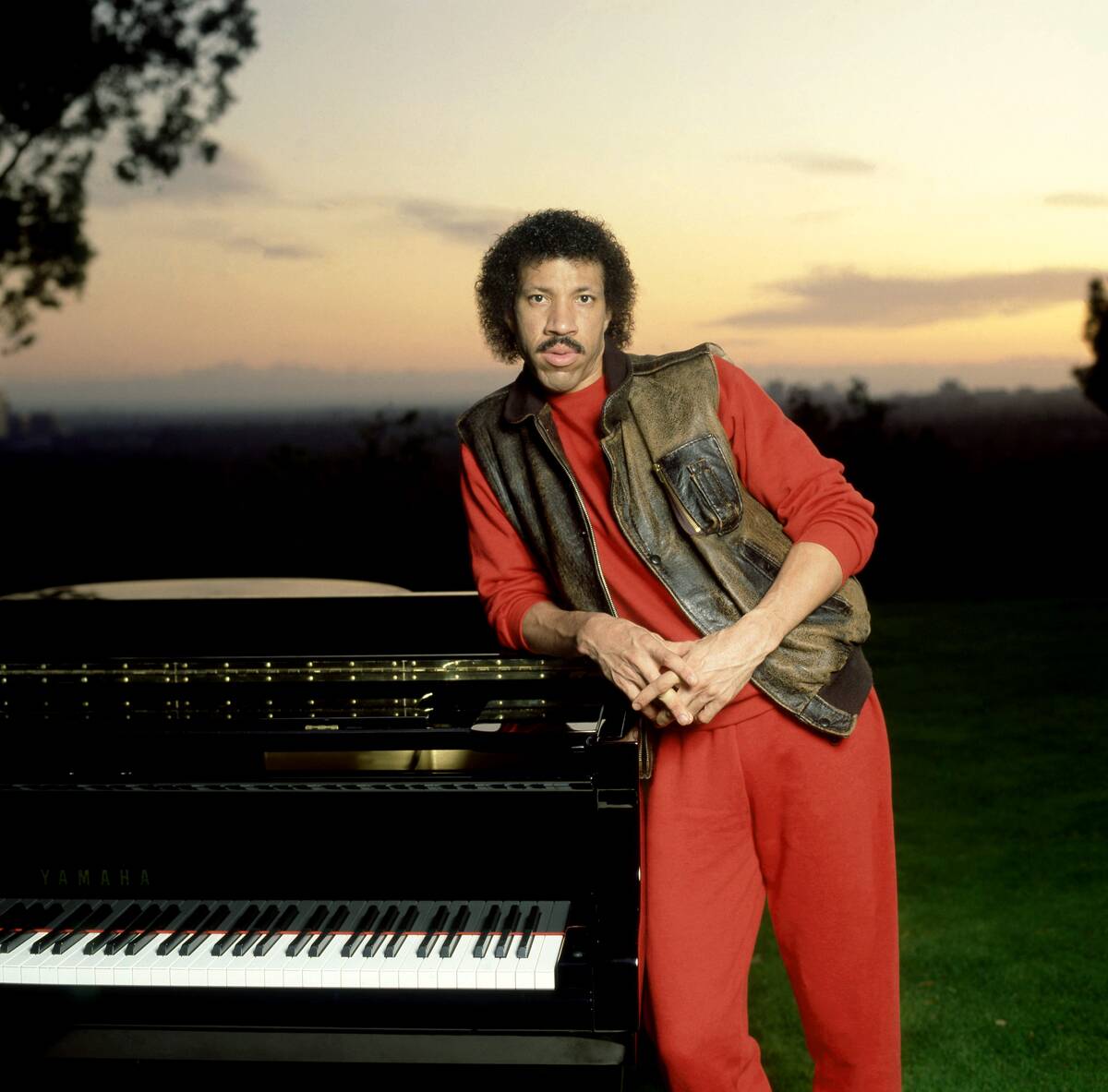
It’s hard to have much against Lionel Richie. He’s always cut a pleasant and amiable figure, he has a soulful voice, and there’s nothing about his music that most reasonable people would find objectionable. That said, his music is also about as far from rock and roll as you can get.
Its flowing softness is more firmly within the Adult Contemporary genre, which makes inducting him into the Rock and Roll Hall of Fame akin to inducting Celine Dion. Ironically, the band through which he first rose to fame, The Commodores, has not been inducted despite likely being a better fit.
Def Leppard

Despite its cultural relevance and the fact that it’s very much a subgenre of rock, the Rock and Roll Hall of Fame has a pretty odd, out-of-touch history with metal. To illustrate this point, Metallica was only the second metal band to be inducted after Black Sabbath, and that didn’t happen until 2009.
As much fun as they could be, Def Leppard were about as light and ephemeral as metal could get when the genre was born. That makes their 2019 induction over Judas Priest (who got in three years later) and Iron Maiden (who still haven’t been inducted) pretty hard to stomach.
Percy Sledge
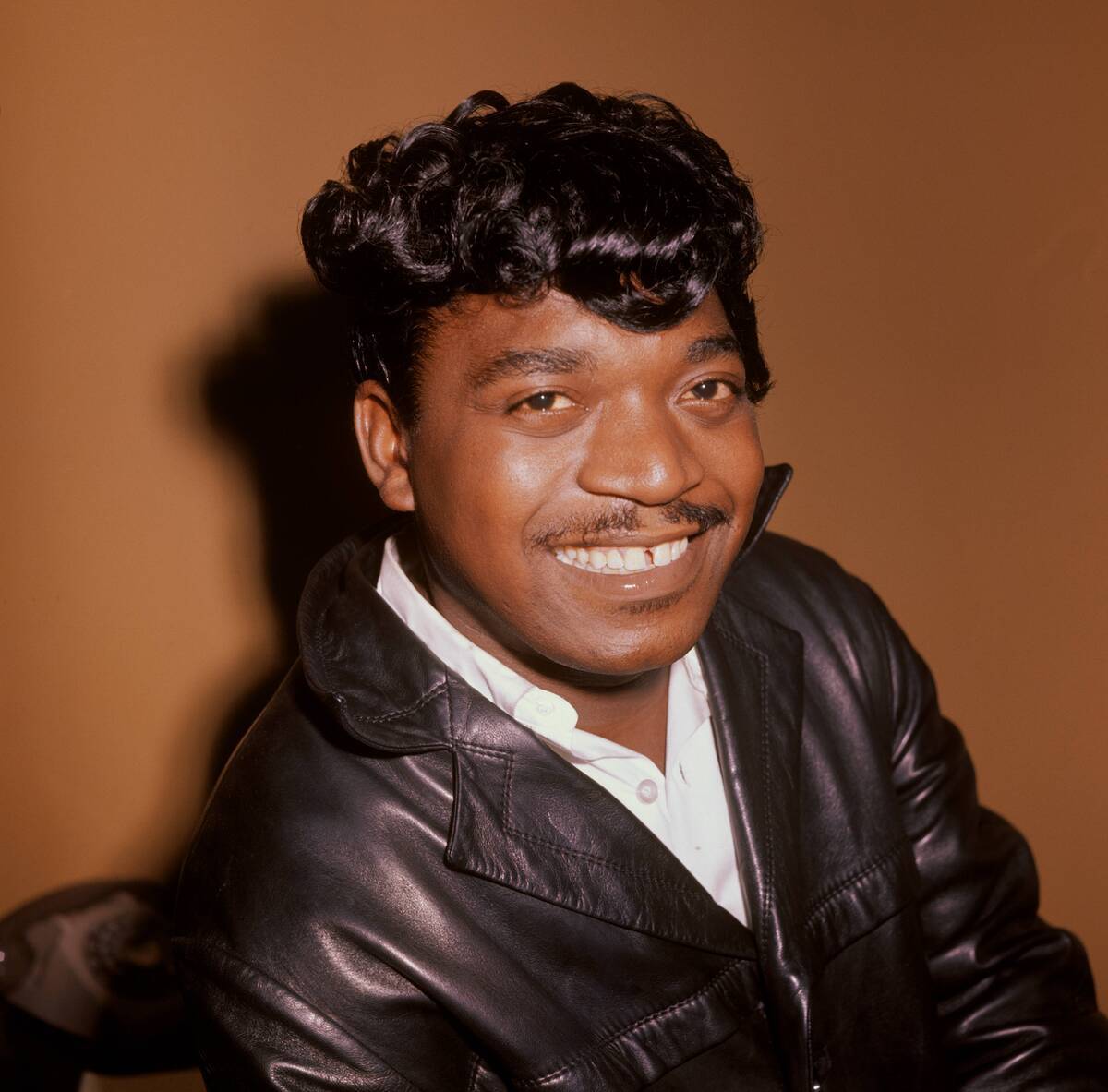
If Percy Sledge’s name is unfamiliar, the classic and passionate soul hit “When A Man Loves A Woman” will likely get many people up to speed on who he is. However, his big hit is a double-edged sword in that it’s both an argument for and against his inclusion.
It’s an argument for his inclusion because the song’s greatness echoes through generations, but it’s also worth asking what induction into the Rock and Roll Hall of Fame really means if someone can get in there off the strength of just one song. It’s not like The Buggles are inducted despite being similarly impactful in a similarly short time period.
Pat Benatar

Although Pat Benatar isn’t necessarily bad and isn’t in the wrong genre for induction, it’s also fair to say that her impact on rock history is pretty dubious. She had some big hits in the ’80s, including four top-ten singles, but it’s hard to describe her legacy beyond that.
From the very beginning, the Rock and Roll Hall of Fame has had a history of underrating women in rock, so Benatar’s induction was likely the committee’s attempt to address that. However, the fact that she got in before The Runaways, Sleater-Kinney, or even Hole (all of which haven’t been inducted at the time of this writing) suggests they just nominated the first popular female rock singer they could think of.
Steve Miller
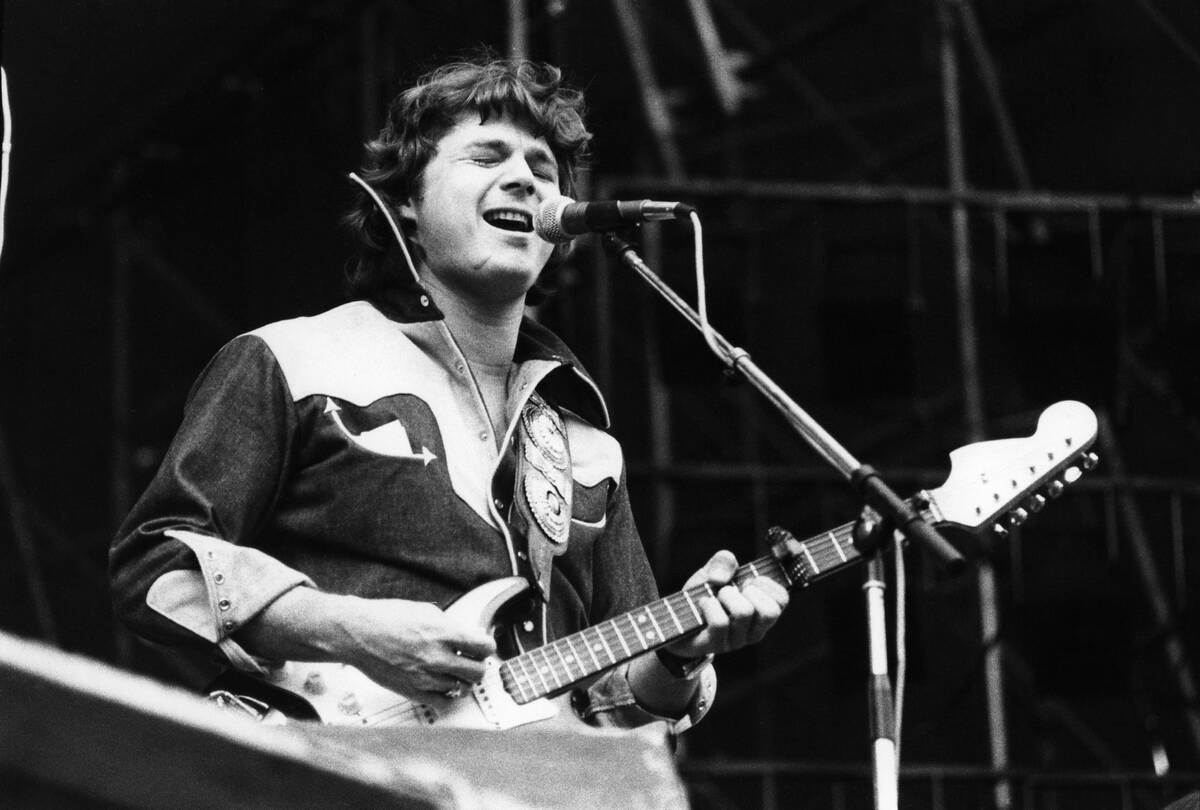
While The Steve Miller Band (despite featuring pretty awful, non-rhyming lyrics on songs like “Take The Money And Run”) have had enough classic tracks and long-term influence to justify their inclusion, even Miller himself was reportedly as puzzled as to why only he was inducted as anyone else.
Indeed, his acceptance speech in 2016 seemed to indicate that he had little respect for the induction process or the Hall of Fame itself, particularly the aforementioned frequent snubbing of key female artists. While they argument can be made that there are better artists to induct than Miller who haven’t been, the fact that even he didn’t see it as too much of an honor says it all.
ABBA
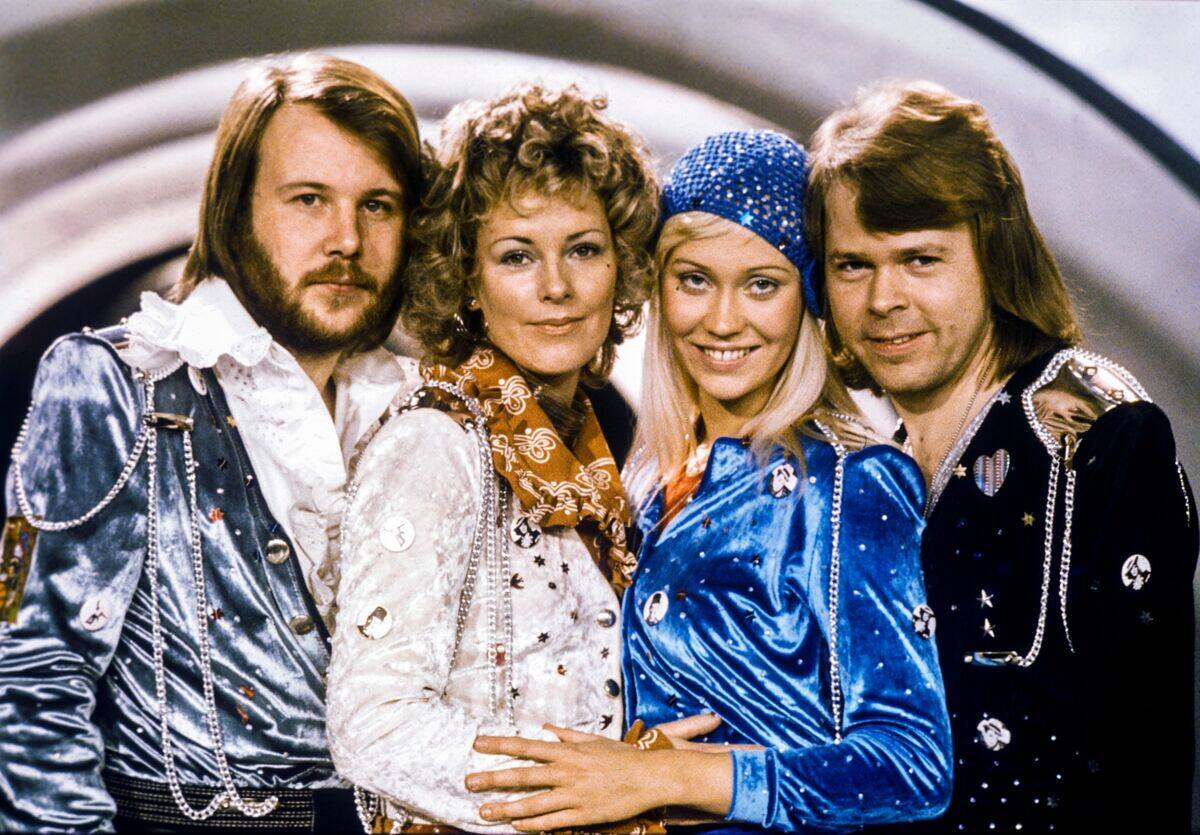
Although it was once far more popular to dismiss Swedish pop juggernaut ABBA than it is now, that’s not what makes their induction in 2010 seem so strange. By then, the kind of anti-pop snobbery that powered the Disco Demolition Night at what was then Comiskey Park in 1979 was mostly re-evaluated as unfair and based on ulterior motives.
So, no, it’s not that ABBA didn’t have the talent to warrant induction. Again, this just seems like the result of the same genre mismatches that the Rock and Roll Hall of Fame has courted backlash for over the course of a decade and a half by now. Indeed, when the term “rock and roll” comes up, is the first name that comes to mind truly going to be ABBA?



